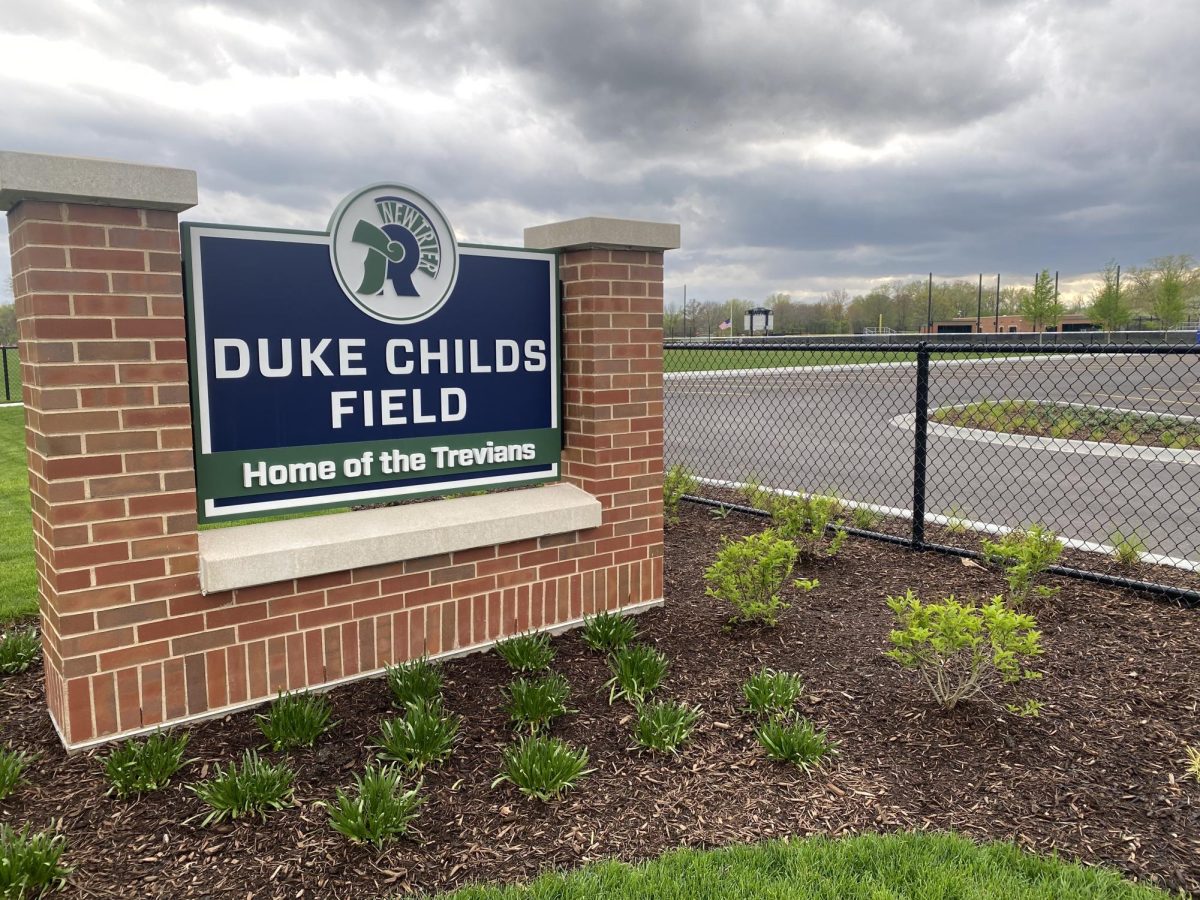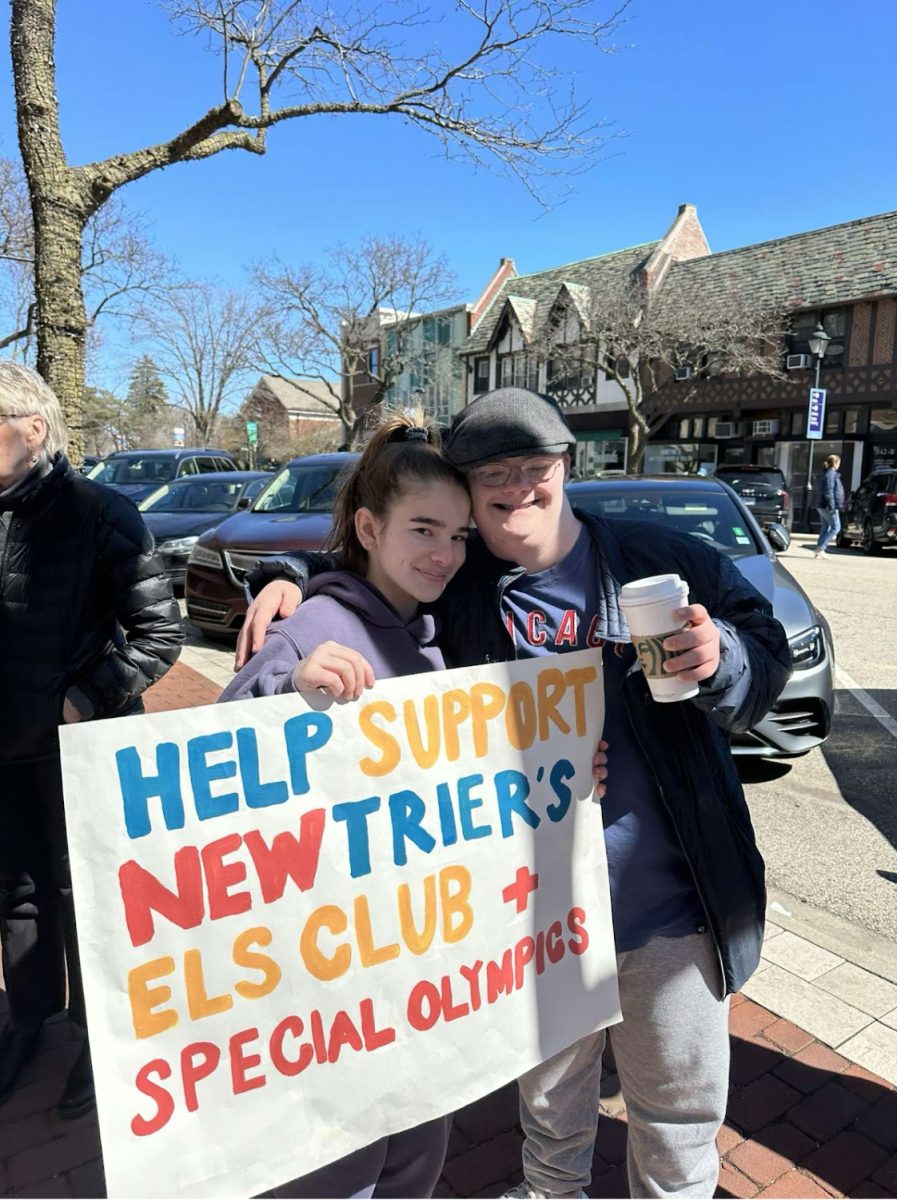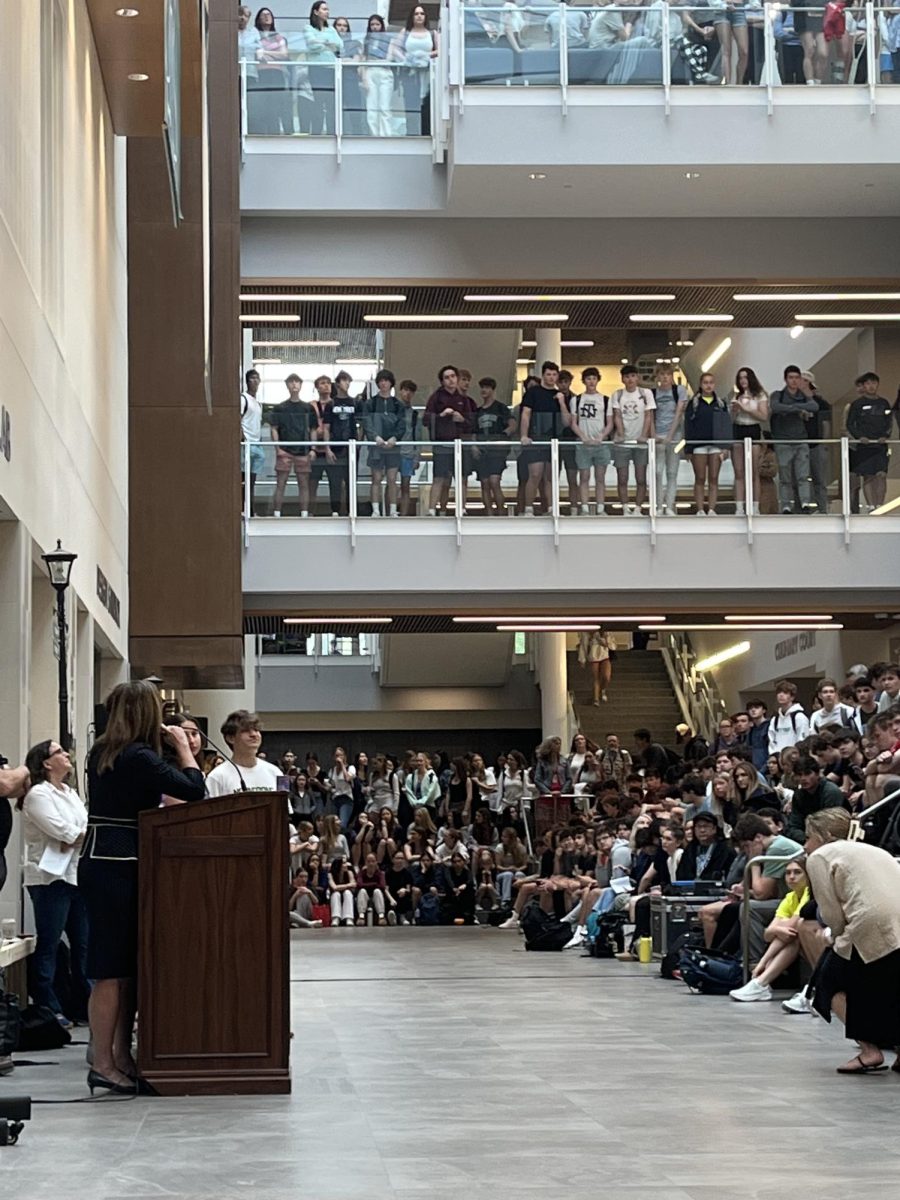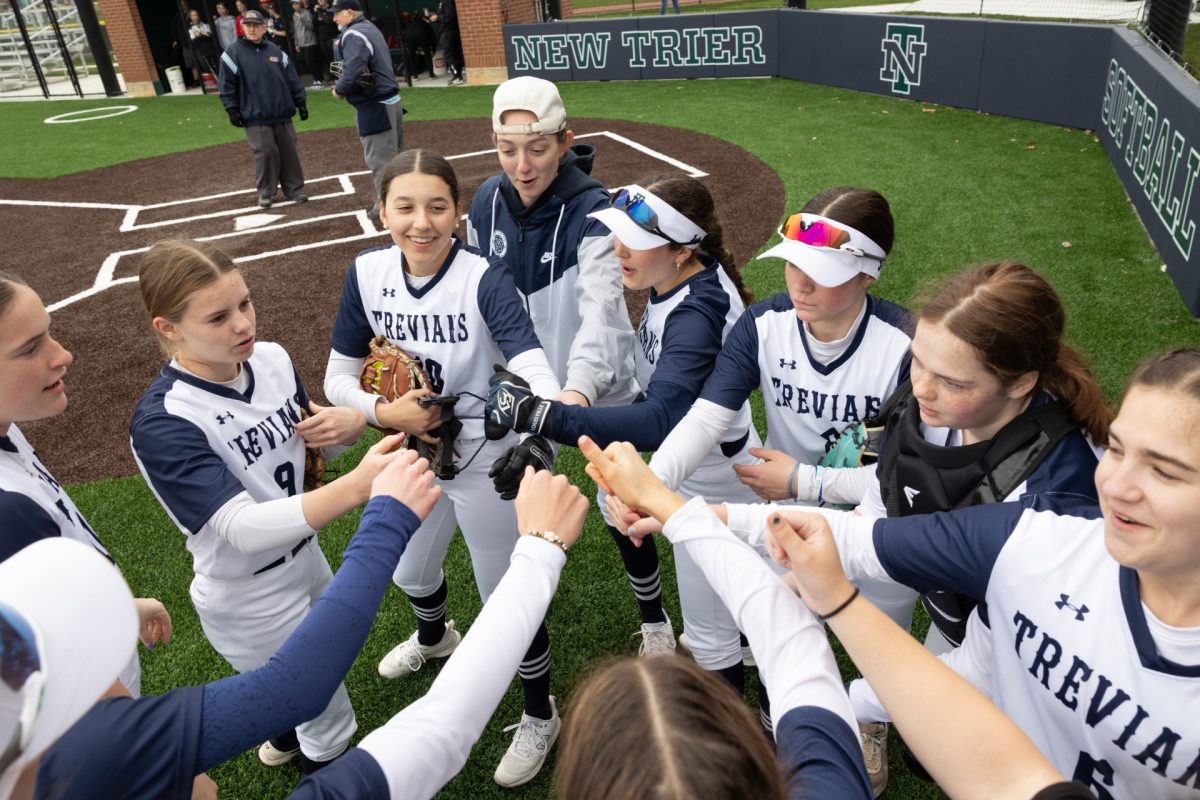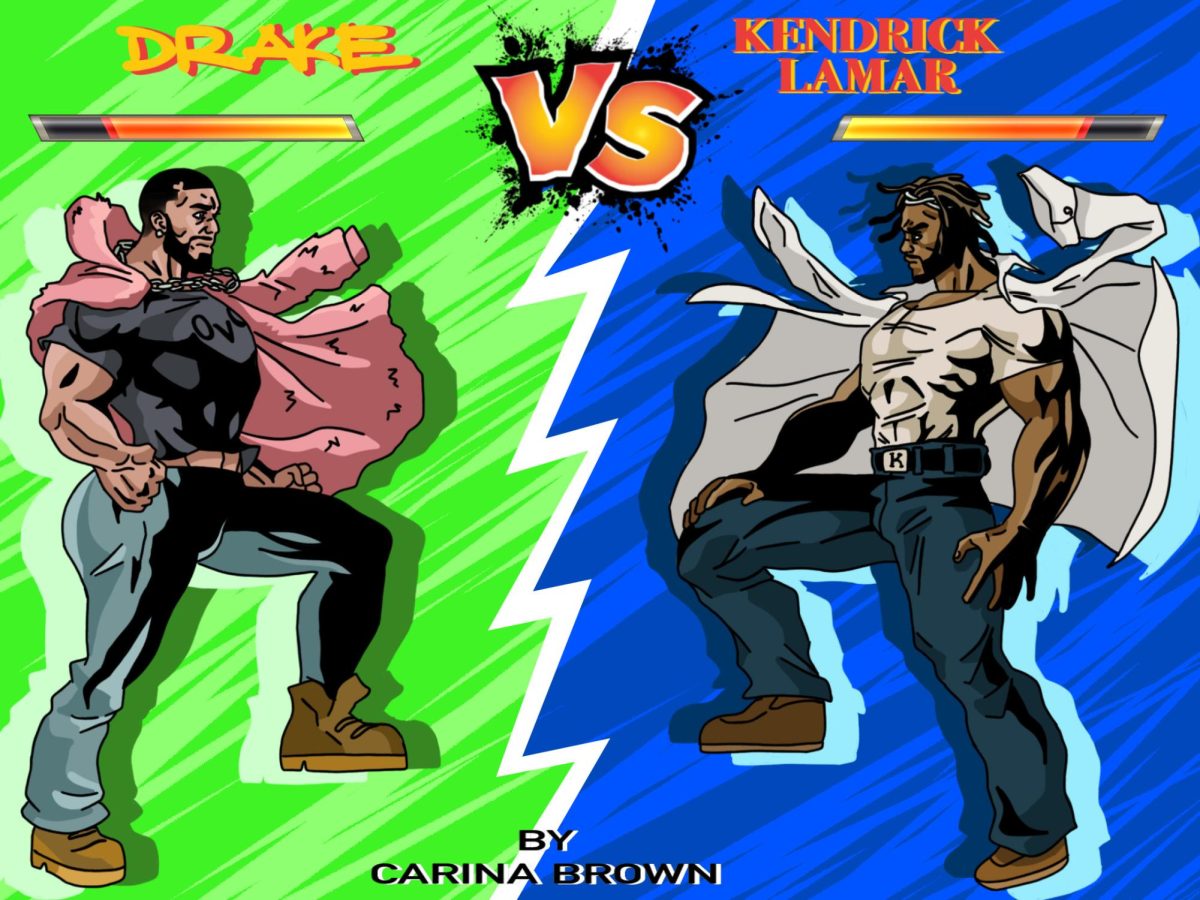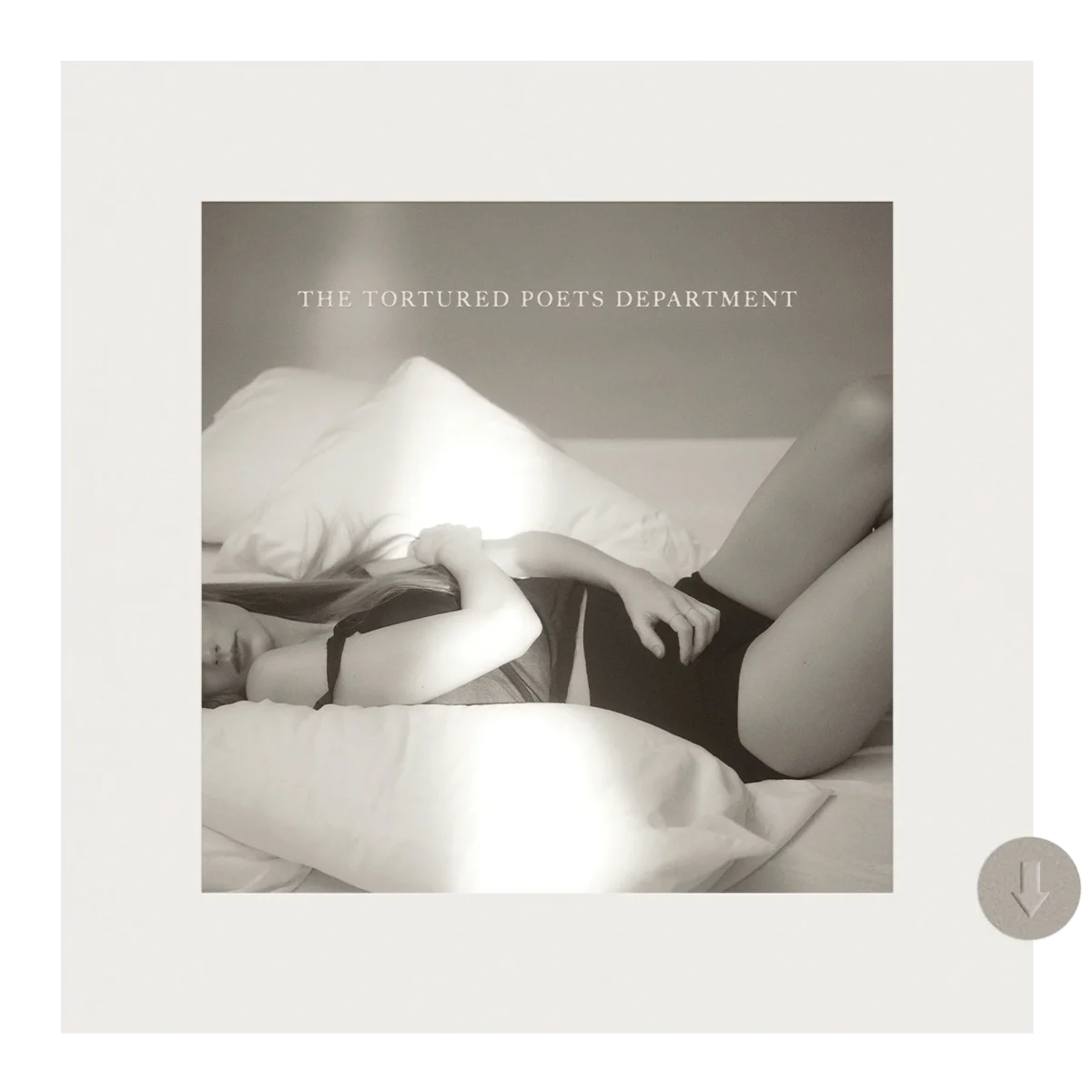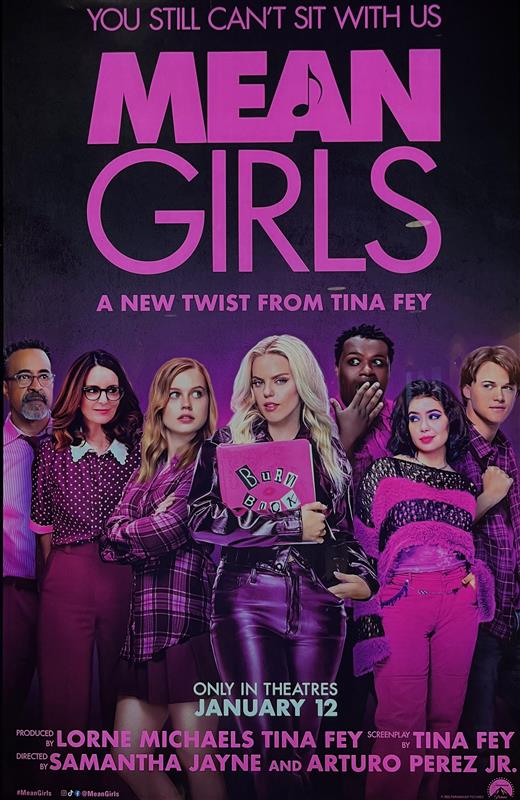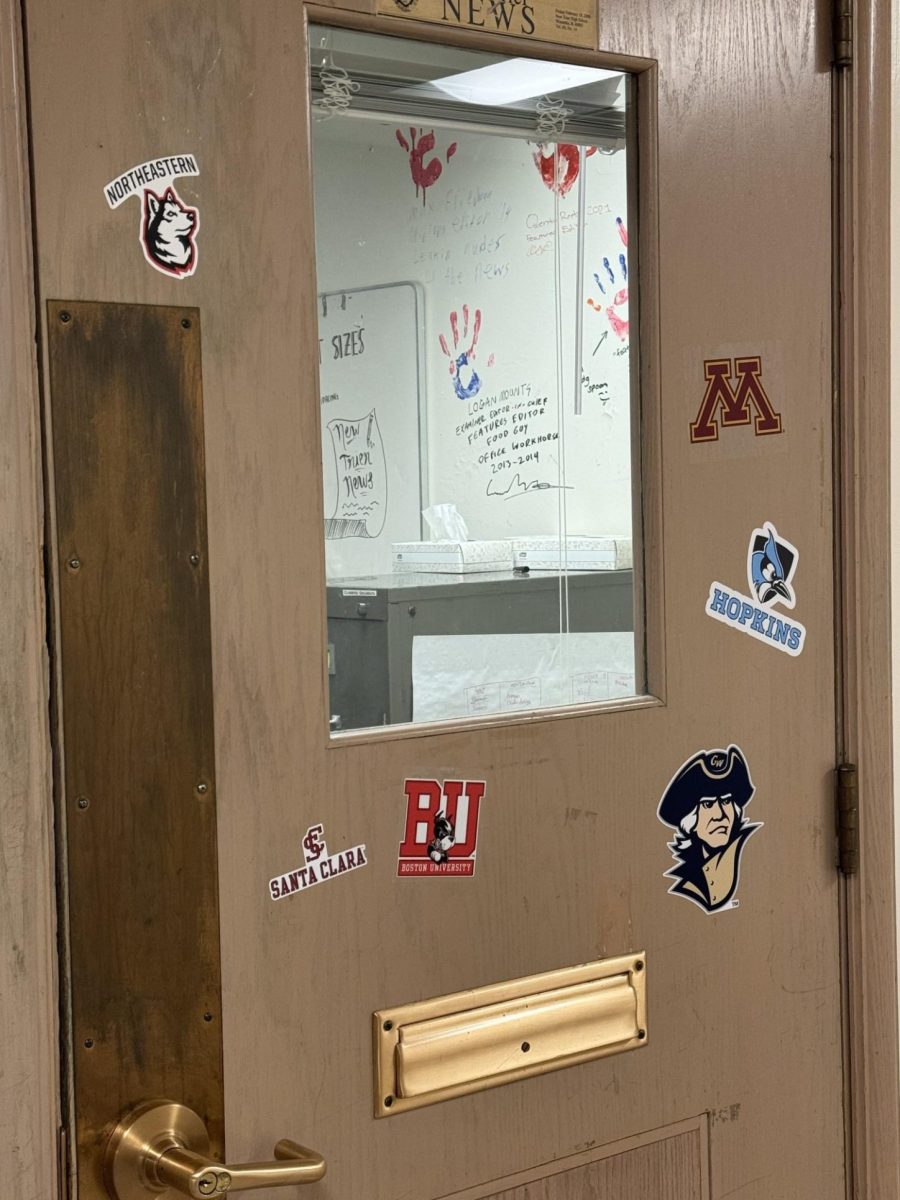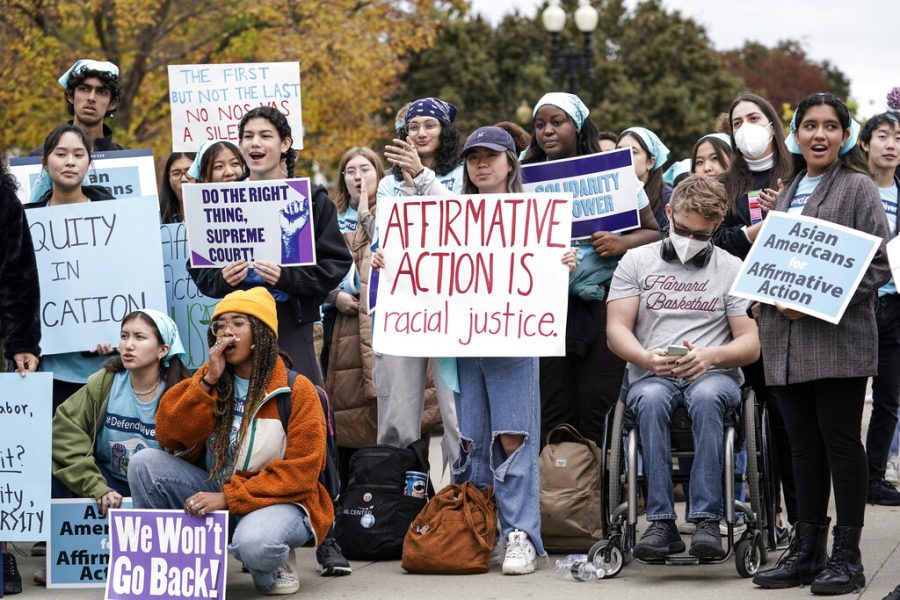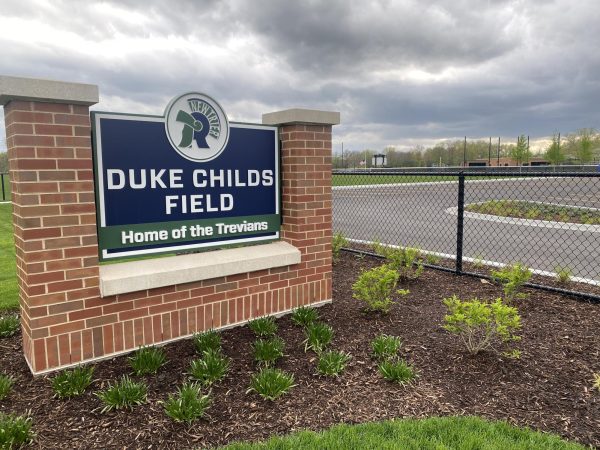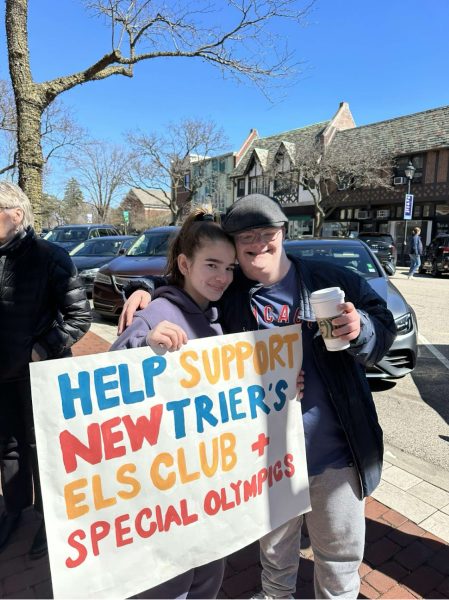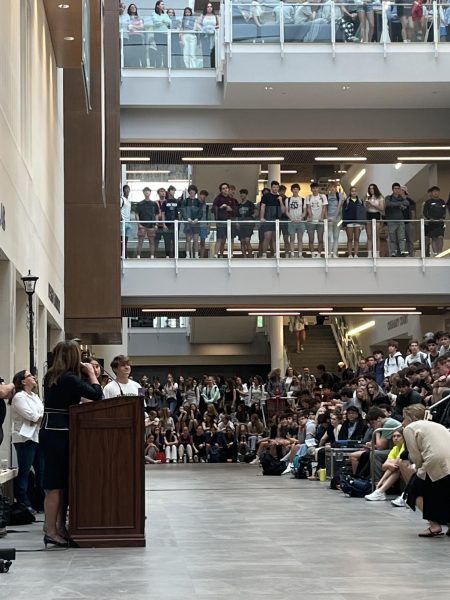Affirmative action case sparks student response
High school and college students react to the Supreme Court hearing around university admissions
Activists demonstrate support for affirmative action in front of the Supreme Court on Oct. 31.
On Oct. 31, the Supreme Court heard two cases regarding affirmative action practices at University of North Carolina at Chapel Hill (UNC) and Harvard University. Students for Fair Admissions (SFFA), who filed both lawsuits, assert that both universities unfairly consider race as an admissions factor to prefer minority applicants, at the detriment of white and Asian-American applicants.
Harvard and UNC both use holistic admissions, in which admissions counselors are required to assess an applicant’s experiences, such as race and culture, alongside grades and test scores. The Supreme Court has not reached a decision on the case yet.
Junior and senior students are watching the case closely as they go through the college search and admission process.
Senior Rose Miller supports affirmative action after reflecting on her own privileges as a white student.
“I get to go to New Trier. I get to do all these amazing things and amazing opportunities that make my college application look better, purely because of the money my family has, and the reason we were able to possess that money is because of the privilege we were given being white Americans.”
Senior Anwyn Li disagrees with the sentiment expressed by SFFA that affirmative action disadvantages Asian Americans.
“I feel like the conservative justices on the Supreme Court are using Asians as a way for them to take away from the fact that they believe affirmative action hurts white people, which is the priority that they secretly have,” said Li. “Many studies have been done where it shows that affirmative action does not hurt Asians. Adding Asian people into the equation is completely unnecessary, but it’s a very calculated move to continue to profit off the model minority stereotype.”
A Georgetown University report claims that Asian American applicants benefit from affirmative action, which is used in holistic admissions.
Junior Charlie Ktsanes believes that every college applicant should have a chance to “start on the same footing” through holistic review.
“If they’re going to have affirmative action for race, they also should have socioeconomic status and all other factors that have a significant impact over outcome.”
Despite Harvard’s claims that their use of affirmative action now imposes racial diversity, they first installed it in the 1920’s to instate quotas on Jews. This exclusionary and discriminatory original reasoning has cast doubt on factoring race for college applications in the modern age.
Racial quotas have since been banned through a decision of the Supreme Court in Gratz v. Bollinger (2003). However, SFFA is petitioning to remove affirmative action altogether from college admissions practices. On its website, it lists its mission statement as “A student’s race and ethnicity should not be factors that either harm or help that student to gain admission to a competitive university.”
Harvard student Marissa Li recently wrote an op-ed for The Harvard Crimson, where she promotes the idea that admissions counselors should prioritize socioeconomic diversity over racial diversity.
She wrote, “Socioeconomic diversity should be prioritized in college admissions because it can directly ground evaluations of merit, in considering an applicant’s achievements given the resources available to them.”
In their opinion, Li additionally advocates for the removal of legacy admissions, which factors into account if a student had a family member previously attend the college or not.
“If you’re a child of a Harvard grad, then you’re already starting from a playing field that’s farther ahead from everyone else,” she said in an interview with the New Trier News. “It’s hypocritical to be supportive of affirmative action and also be supportive of legacy admissions.”
Li was also featured in the New York Times, where she discussed feeling afraid to come across as “too stereotypically Asian” on her college applications. Their fear was legitimized after reading Harvard admission counselors’ unfavorable descriptions of Asian American applicants their junior year of high school. She formerly attended Naperville North High School.
“After reading through the lawsuit, I realized, ‘Okay, they might lump me in with some other kid who has similar interests and discount my work and achievements because of the fact that I’m Asian,’” she said.
Resty Fufunan is a junior at Yale University, which uses holistic admissions. He, along with Harvard and Princeton students, co-signed a statement from students in support of affirmative action. Fufunan serves as the co-moderator for the Yale Asian American Students Alliance (AASA), and attended Northside College Prep in Chicago for high school.
“The AASA sees it as an essential tool to remedy the systemic inequities that cause students of color to get varying educational outcomes before they enter college. Affirmative action is necessary so that all students of color can have access to educational attainment and have a path towards social mobility.”
The lawsuit against affirmative action at UNC is not the first for a state-funded public school. Affirmative action was previously struck down in the University of California and University of Michigan school systems through the 1996 California Civil Rights Initiative and the 2003 Bollinger decisions, respectively. However, the decisions came with drawbacks: the school systems currently struggle to build racial diversity on their campuses, as reported by the New York Times.
UNC students Joy Jiang and Christina Huang co-lead UNC for Affirmative Action. They traveled and spoke to the Supreme Court on Halloween weekend.
“We got in contact with our lawyers, which is how we were able to speak in front of the Supreme Court and give feedback, because the majority of our students support affirmative action,” said Jiang.
According to Jiang, affirmative action is the “pipeline” for people of color (POC) to attend UNC, and students of color greatly enhance UNC’s student life. “It’s the culture and diversity of students who make us who we are,” she said.
Huang added that because de facto segregation still exists, it motivates her to continue discussing race with others. Because housing location often determines attendance to a specific public school, de facto segregation through methods like zoning and redlining can affect educational attainment starting before higher education.
UNC for Affirmative Action will continue to advocate for holistic admissions, including race as a factor.
“I have two younger sisters. The ‘pipeline’ cannot end with me; I cannot be the only person who goes to college in my family,” said Jiang. “Everyone should receive a fair, equitable opportunity.”


